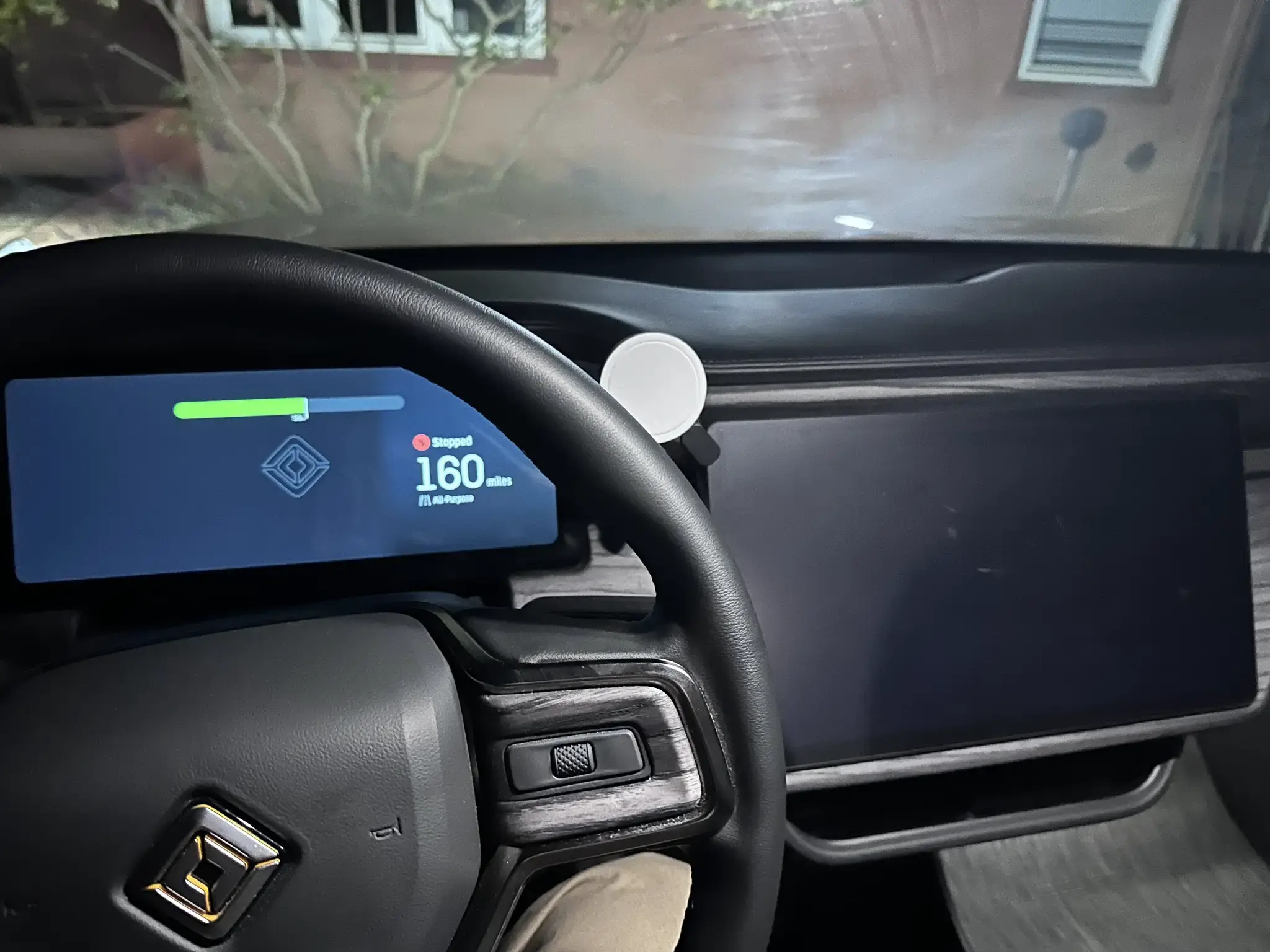Rivian says “fat finger” caused software update to brick infotainment systems, physical servicing may be required::Today’s cars are more like computers on wheels, and even a seemingly routine software update can lead to unexpected consequences. Rivian unfortunately experienced a “fat finger” mishap with their latest software update, bricking infotainment systems […]



How though
They did
Rm -rf /
To force remove everything recursively instead of
Rm -fr /
To remove the French language pack. Rookie mistake really.
I know you’re being funny here, but…
“According to Rivian the glitch occurred when the wrong build with incorrect security certificates was inadvertently sent out. This error resulted in bricking the infotainment systems of an unknown number of vehicles.”
I always thought that ‘fat finger’ revered to having fingers that are too big for buttons, but I guess it means sending out wrong software versions.
Fat finger in this context typically means that the person knew what they wanted to do, but typed the wrong thing. Their “fat finger” hit the wrong button. Possible that they wanted certificate 123 in the build, but they accidentally typed 133, or something like that.
This. And the guy who did it was fat.
I think it’s also worth noting that “security certificates” in this context are almost certainly there for the purpose of locking the system away from modification by the vehicle owner, which means they weren’t necessary (and indeed, ought to be prohibited by law) to begin with.
Rivian was hoist on their own consumer-hostile petard.
I don’t think so in this context. This is probably more like SSL cert trusting or some private/public key pair.
Based on the fact that the screen is blank, I think @grue was correct. The certificate that tells the system that the infotainment was valid was incorrect, so the infotainment couldn’t load. They used the dev-infotainment cert instead of the prod cert.
Dumb-ass managers who thought they could run their embedded software group all Agile and shit, and push stuff out to Production without full testing to meet deadlines, not realizing that they can’t just “roll back” this one.
They had 2 files in one directory. One said “good update” the other said “bad update-don’t use”. When they wanted to push out the update they used a tablet and tapped on “good update” but they accidentally touched the wrong one a bit more with the thumb.
Something like this. But maybe they don’t want to say wat really happened.